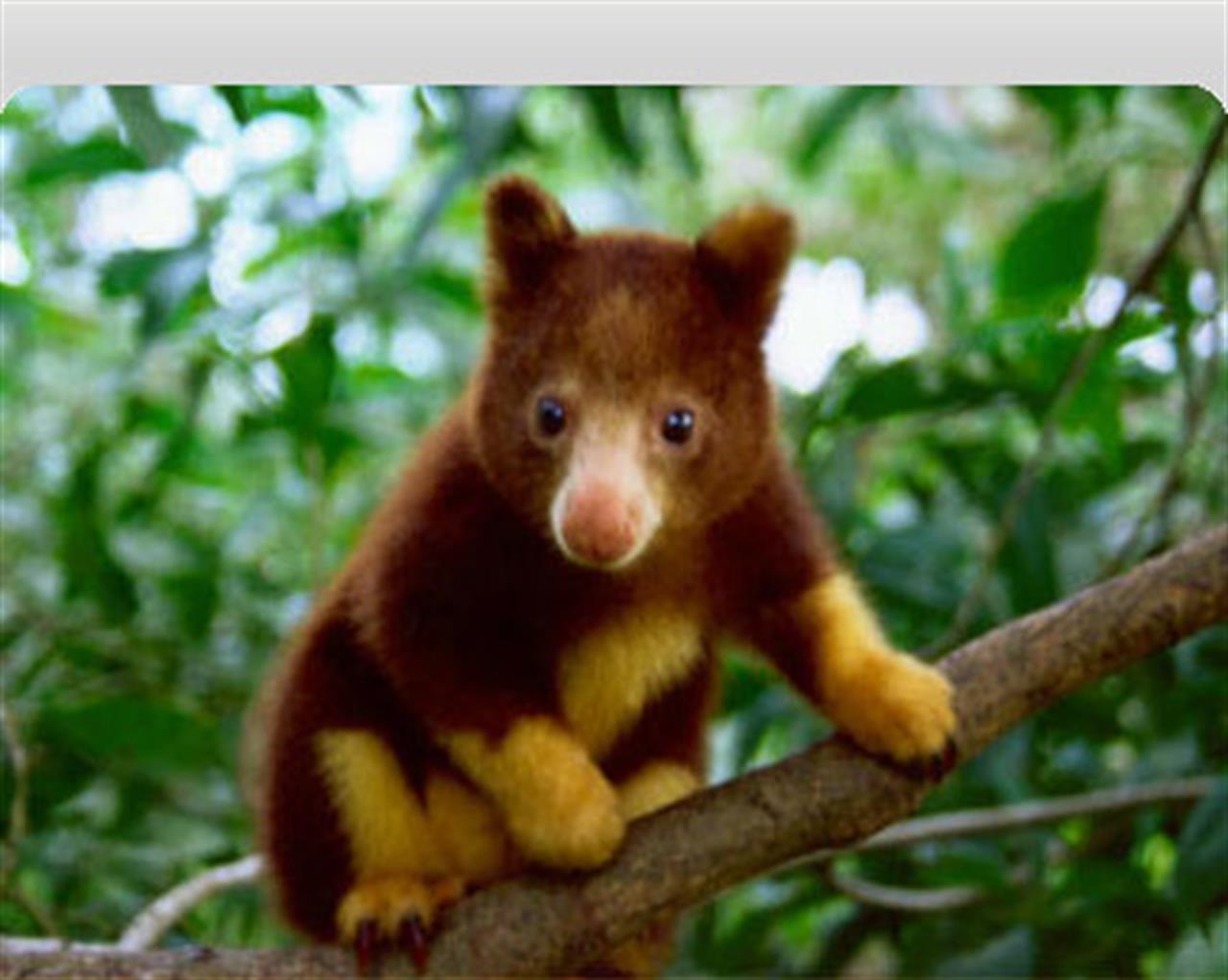Sostenibilità
IUCN red list updated. Biodiversity at risk
Marine mammals, such as the Narwhal and Irawaddy dolphin, and land mammals, such as tree kangaroos were confirmed to be closer to extinction by IUCN’s updated Red List of Threatened Species.
di Staff

The Red List ranks species according to their population status and threat levels. It shows the effects that habitat loss and degradation, over-exploitation, pollutants and climate change are having on the world’s species.
“For many species, population numbers are declining while the number and intensity of threats are increasing, making it harder and harder for species to survive,” said Dr. Susan Lieberman, Director of WWF International’s Species Programme.
The Irrawaddy dolphin went from data deficient to vulnerable on the new list, confirming that the dolphin, found in southeast Asia, is facing serious threats from bycatch in fisheries, dam development, deforestation and mining. One population in the Philippians has total of only 77 individuals.
The narwhal which is famous for its long ivory tusk, went from data deficient to near threatened. Narwhals spend their lives in the arctic waters bordering Russia, North America, and Greenland and are threatened by hunting, trade, habitat loss and toxics and pollution that accumulate in the Arctic, which affect the health and reproduction of these whales.
Fourteen tree kangaroo species are on the Red List with their status ranging from threatened to critically endangered, which highlights the fact that the species are in an overall decline due to deforestation of their ranges in Australia and New Guinea, as well as hunting.
But not all species are “in the red” on the Red List with African elephants going from being listed as vulnerable to near threatened because their populations in eastern and southern Africa are better off today than in the past when poaching for ivory was out of control.
“It is encouraging to see that the African elephant is benefiting from effective conservation programmes and ivory trade controls in eastern and southern Africa, said Dr. Lieberman. “But governments, range states and conservationists must keep a diligent eye on forest elephant populations, which are still dangerously low and seriously threatened.”
WWF supports use of the IUCN Red list as an important science-based conservation tool that should be used across the globe by communities, governments and international organizations to drive funding and decision making.
“Reversal of negative trends towards extinction is possible when political motivation is high and when local communities see the value and benefit from conserving species,” Dr Lieberman said. “The case of African elephants is a classic example of what is possible.”
TRAFFIC, the international wildlife trade monitoring network – established by IUCN and WWF – also pointed out that the Red List shows that trade plays a significant role in determining a species fate;
“The new IUCN Red List highlights the urgent conservation priority of tackling the illegal and unsustainable trade that is driving some wildlife species towards extinction,” said Steven Broad, Executive Director of TRAFFIC.
All 161 grouper species have been assessed for the first time too, of which 20 are threatened with extinction, including the Squaretail Coral Grouper (Plectropomus areolatus) which is seen as a luxury live food and is typically fished unsustainably at its spawning aggregations.
Assessment of reptiles finds that species like the Cuban Crocodile (Crocodylus rhombifer) has moved from Endangered to Critical, because of population declines caused by illicit hunting for its meat.
Find out more:
Vuoi accedere all'archivio di VITA?
Con un abbonamento annuale potrai sfogliare più di 50 numeri del nostro magazine, da gennaio 2020 ad oggi: ogni numero una storia sempre attuale. Oltre a tutti i contenuti extra come le newsletter tematiche, i podcast, le infografiche e gli approfondimenti.
